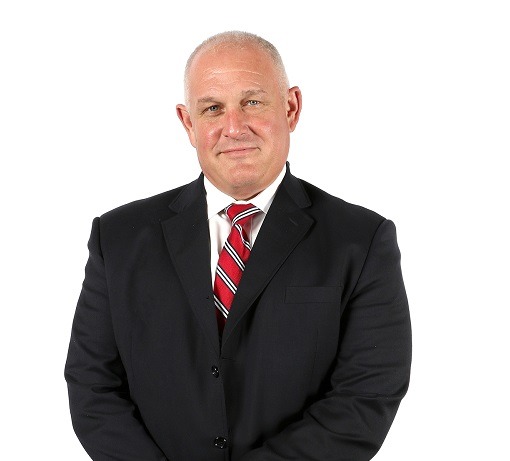Becoming a United States citizen is very important to most lawful permanent residents. In fact, many await anxiously the time when they can apply for this great benefit. However, citizenship is not guaranteed. In addition to filing an application for citizenship, an applicant will undergo a mandatory interview and background checks. To qualify for citizenship, an applicant must also meet certain requirements, including the following:
- Must be a permanent resident for the requisite period of time and be at least 18 years of age;
- Must meet certain continuous and physical presence requirements;
- Must demonstrate knowledge of English, U.S. history, and government;
- Must demonstrate good moral character (“GMC”) requirements for at least 5 years for citizenship.
This brief article focuses only on the GMC requirements. If a permanent resident engages in certain unlawful acts within the 5 years preceding the application for citizenship, he or she may be found to lack of the requisite good moral character. An unlawful act can include criminal violations, unlawful voting or falsely claiming U.S. citizenship.
By law, only United States citizens can vote in this country, with some very nuanced and specific exceptions. However, sometimes noncitizens will vote in America to show loyalty or because they are unaware of the voting laws. Illegal voting does not just include voting in presidential elections; it can also include voting in state and local elections, like voting in a local school board election.
In September 1996, Congress passed laws designed to punish unlawful voting. Specifically, a noncitizen convicted of unlawful voting can be fined and imprisoned up to one year in custody. A noncitizen convicted of making a false claim to U.S. citizenship to register to vote or vote can also be fined and imprisoned for up to five years. However, a conviction is not necessary for a noncitizen to lack good moral character during the citizenship application process if he or she voted illegally. An act of unlawful voting is sufficient enough for the government to conclude that the finding of bad moral character is warranted. A national of the United States, a native of American Samoa for example, can also be denied citizenship for having engaged in unlawful voting.
More significantly, unlawful voting can subject affected individuals to removal proceedings. In fact, immigration law specifically lists unlawful voting and false claim to U.S. citizenship as grounds for removal (deportation). In the last two years, we have seen an increase in immigration court cases involving false claims to U.S. citizenship and unlawfully voted, even if the voting occurred many years earlier. The same is also true if a noncitizen only registered to vote but did not actually vote. If the government can prove that said noncitizen claimed to be a United States Citizen during the registration process, the immigration law is trigged. A subsequent voting de-registration will not necessarily shield a noncitizen from adverse immigration consequences.
At Wilner & O’Reilly, we understand the complexities of the immigration laws and their consequences on families and individuals. We are experienced and are here to help. If you have any questions about unlawful voting or any other immigration matters, please do not hesitate to contact us. We offer free, in-person consultations at our offices in Orange, Fresno, Riverside, Sacramento, and San Bruno, California, as well as Orem and Salt Lake City, Utah, and Boise, Idaho.
ABOUT THE AUTHOR(S)

AGNIESZKA (AGGIE) DOLINSKA – MANAGING ATTORNEY – RIVERSIDE
Aggie Dolinska is the Managing Attorney at the Riverside Office of Wilner & O’Reilly. She is Board Certified as a specialist in immigration and nationality law by the State Bar of California’s Bureau of Legal Specialization. Ms. Dolinska’s immigration practice involves all areas of Immigration and Nationality Law, including family and employment-based immigration, non-immigrant visas, removal defense, litigation, and asylum law.

RICHARD M. WILNER – FOUNDING PARTNER
Richard M. Wilner is a founding member of Wilner & O’Reilly, APLC and is Board Certified by the State Bar of California as a Specialist in Immigration and Nationality Law. He is admitted to practice law in the State of California and before the U.S. District Courts for the Central, Northern and Southern Districts of California, the Northern District of Texas, the U.S. Court of Appeals for the Ninth Circuit and the U.S. Supreme Court.Mr. Wilner has received the coveted Martindale-Hubbell AV Rating, the highest legal and ethical rating that one can receive from one’s peers in the legal community. Similarly, he has been awarded the title of Super Lawyer from 2007 to the present. He is best known for his work in advising Fortune 500 companies, middle and small market businesses, entrepreneurs and foreign nationals of extraordinary ability in athletics, arts, and sciences in the complex area of U.S. Immigration and Nationality Law.



Comments are closed.